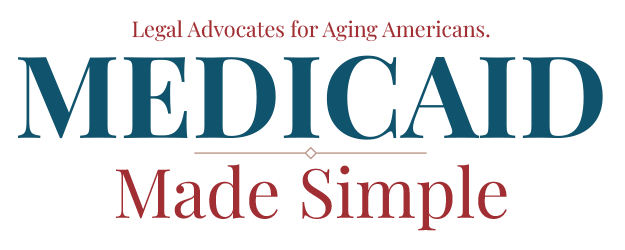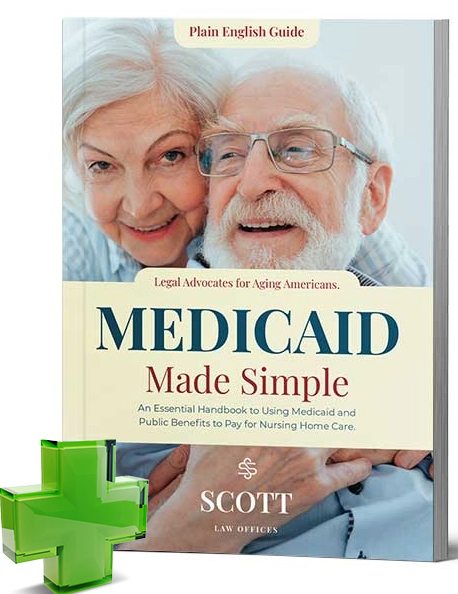Medicaid And Long Term Care Planning
1. Cost of Long-Term Care: Long-term care services can be prohibitively expensive, and the cost continues to rise. Without proper planning, these costs can quickly deplete an individual's or family's savings and assets. Qualifying for public benefits like Medicaid can help mitigate the financial burden.
2. Asset Preservation: Long-term care planning aims to protect and preserve assets for the well spouse, heirs, or other purposes while still qualifying for public benefits. Careful planning can help individuals strategically structure their finances to meet eligibility criteria while safeguarding their assets.
3. Early Preparation: Qualifying for Medicaid often involves meeting certain financial and medical criteria, including asset and income limits. By planning early, individuals can implement strategies to gradually reduce countable assets and income while complying with Medicaid guidelines.
4. Medicaid Eligibility Rules: Medicaid has specific rules and regulations governing eligibility, and these rules can be complex and subject to change. Long-term care planning involves understanding these rules and ensuring that an individual or family member meets the criteria.
5. Avoiding Penalty Periods: Asset transfers or gifts made with the intent to qualify for Medicaid can result in penalty periods during which an individual is ineligible for Medicaid benefits. Proper long-term care planning can help individuals navigate this complex issue.
6. Utilizing Exempt Assets: Certain assets are exempt from Medicaid's asset calculations, such as a primary residence (up to a certain value), personal belongings, and a single vehicle. Long-term care planning includes understanding how to maximize the use of exempt assets.
7. Spousal Protections: Medicaid offers protections for the spouse of a Medicaid applicant to prevent their impoverishment. Long-term care planning aims to ensure that the well spouse retains a sufficient share of the couple's assets and income.
8. Estate Recovery Considerations: Long-term care planning should also take into account Medicaid estate recovery, a process through which Medicaid attempts to recoup some of the costs of care from the individual's estate after their passing. Strategies to minimize estate recovery, such as life estates or trusts, can be part of the planning process.
9. Choice of Care and Providers: Qualifying for Medicaid provides individuals with more options for long-term care services, including nursing home care, assisted living, and home and community-based services. Long-term care planning can help individuals choose the care setting and providers that best suit their needs and preferences.
10. Peace of Mind: Long-term care planning can offer peace of mind for individuals and their families, knowing that they have taken proactive steps to address the financial challenges of long-term care. This planning can reduce stress and anxiety associated with the uncertainties of aging and healthcare.
Florida Nursing Home Map
Join elder law attorney Sean W. Scott for a must-attend seminar on mastering Medicaid planning. Learn to shield your assets, navigate long-term care costs, and leave a legacy.
Act now — seize the opportunity for a free consultation and take control of your financial future.



